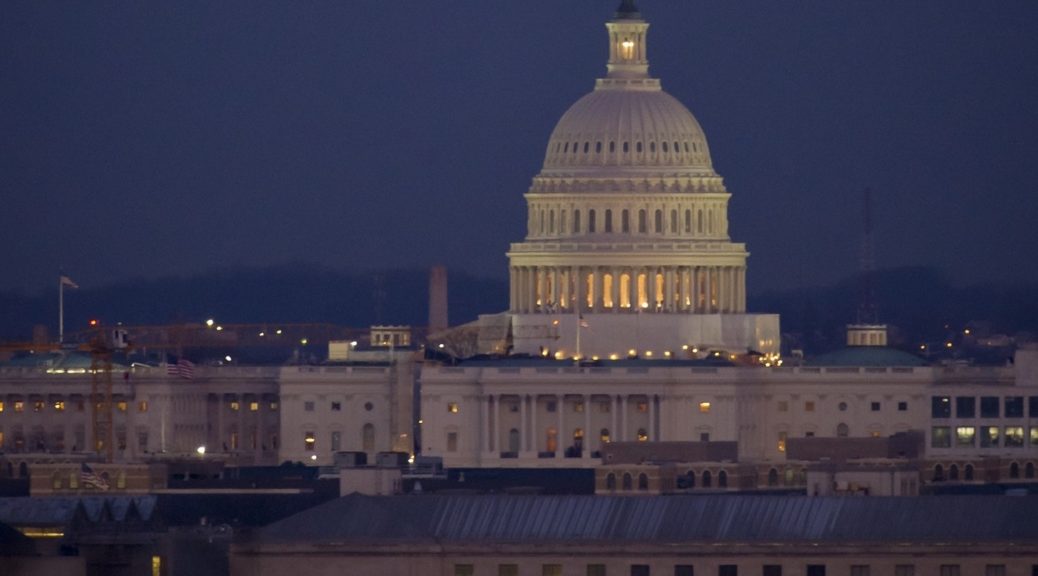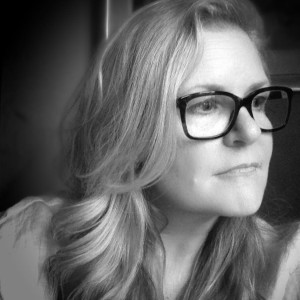Free content. It is a wonderful thing, right? Maybe.
Free content can indeed be a wonderful resource for professional creatives. However, you need to know the risks and be very familiar with the terms being granted.
iSPY is a great place to explore free content. We connect to 3 of the biggest free providers Pexels, Pixabay and Unsplash.
As of the writing of this post, Unsplash terms say:
“Unsplash grants you an irrevocable, nonexclusive, worldwide copyright license to download, copy, modify, distribute, perform, and use photos from Unsplash for free, including for commercial purposes, without permission from or attributing the photographer or Unsplash, but this license does not include the right to compile photos from Unsplash to replicate a similar or competing service”
This means that Photos on the Service come with a very, very broad copyright license under the Unsplash License. This is why we say that they are “Free to Use.”
Note that the Unsplash License does not include the right to use:
- Trademarks, logos, or brands that appear in Photos
- People’s images if they are recognizable in the Photos
- Works of art or authorship that appear in Photo
So while the terms say you can use the content for commercial use, they also exclude recognizable people, trademarks, logos and brands. There are no notices on the images with respect to logos, models, or brands. There are also a lot of traps that can get you into hot water. For example, did you know you cannot use a photo of the Eiffel Tower lit at night? That is trademarked by a French company.
Pexels’ terms have a similar statement for how you may use the images, however, they add:
“5.7. Be aware that, depending on your intended use of the Content, you may need the permission or consent of a third party (e.g. owner of a brand, identifiable person or author/rights holder of copyrightable work depicted in the Content).”
Pixabay’s terms similarly add:
“Please be aware that while all Content on Pixabay is free to use for commercial and non-commercial purposes, items in the Content, such as identifiable people, logos, brands, audio samples etc. may be subject to additional copyrights, property rights, privacy rights, trademarks etc. and may require the consent of a third party or the license of these rights – particularly for commercial applications. Pixabay does not represent or warrant that such consents or licenses have been obtained, and expressly disclaims any liability in this respect.”
So what does this mean?
This means that while all of these free providers allow commercial use, it is up to the buyer to know how a particular image may be used. Companies like Getty and Superstock, work to clear images for these uses. If there are recognizable people, these sites will tell you if they have a model release or not.
Another key issue to consider is indemnification. Traditional image licensors like Getty may indemnify you or your client if you have used the image as they allow and there is an issue. However, none of these free providers will offer you indemnity and furthermore, you will be pledging to indemnify them should you use the images or the site in a non-compliant manner. Additionally, Pixabay and Pexels do not warrant anything to do with the images, including the accuracy of information or “any rights..”
Free content and collections are a great resource, but you need to understand rights, licensing and the limitations on how you can use the content these companies offer.
Read the license and remember, “buyer beware.”

Leslie Hughes is the CEO and Founder of iSPY Technologies, Inc. and iSPY Visuals, an intelligent search tool and workspace for visual content users. Hughes has nearly 30 years experience in digital media licensing, content production, and distribution, including having been President of Bill Gates’ Corbis Images, and President of the Markets and Products Group for Corbis Corp. She became an entrepreneur 10 years ago. Hughes has consulted or been part of 6 start-ups and 12 acquisitions. She has an MBA from the Cox School of Business at Southern Methodist University and a BA from Colorado College. She is married and recently moved to Colorado.
Connect with Leslie: Twitter | LinkedIn | Angel List






